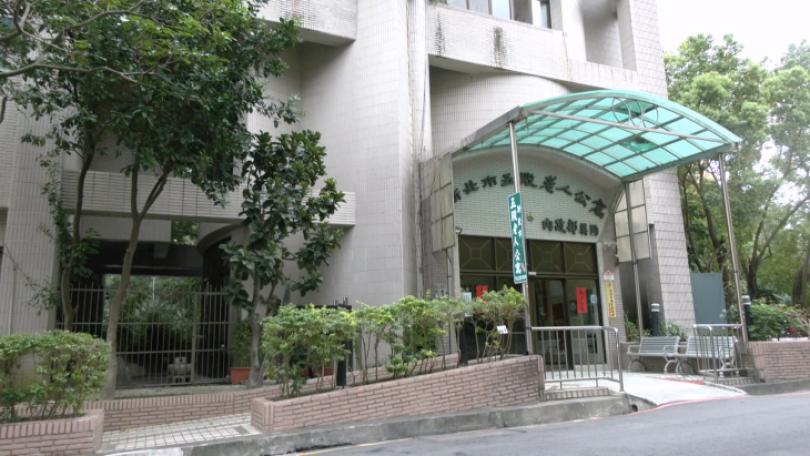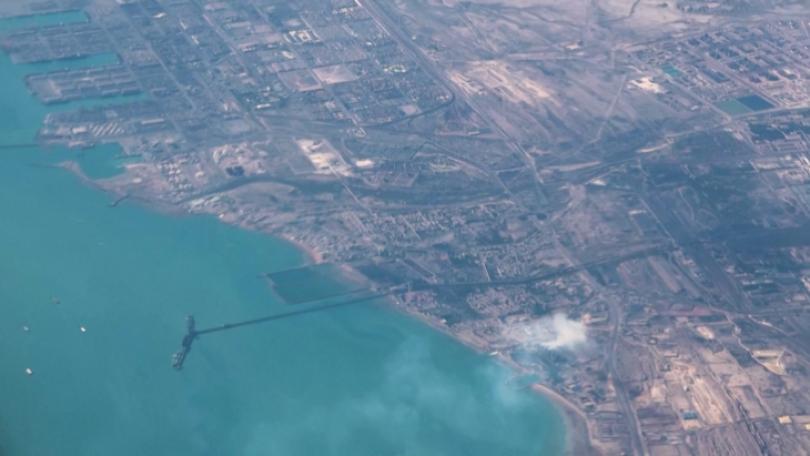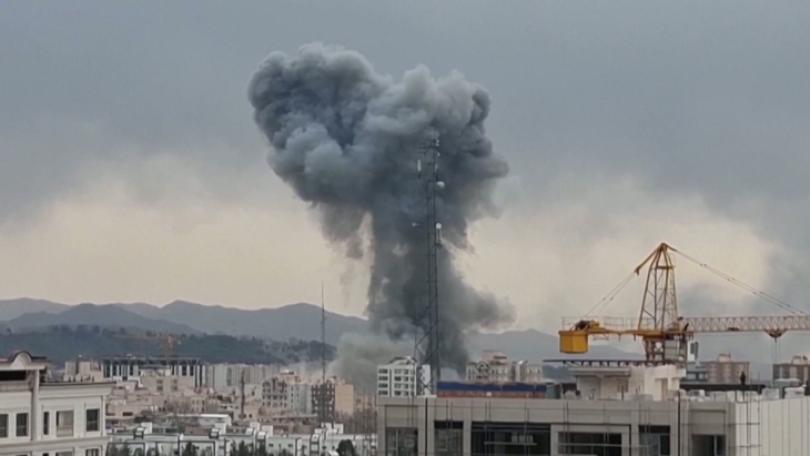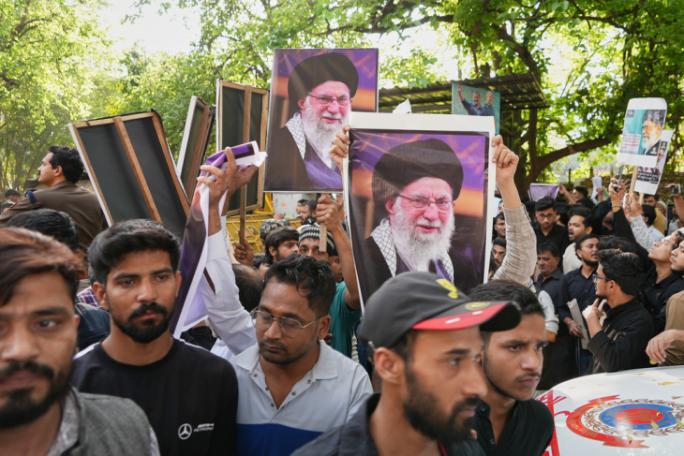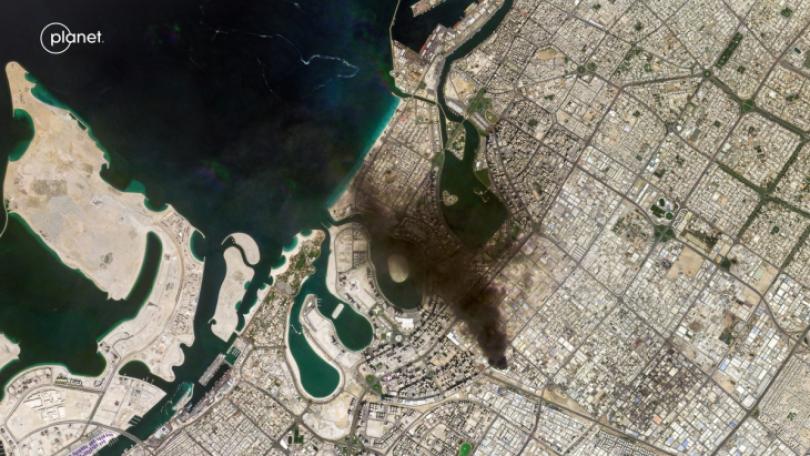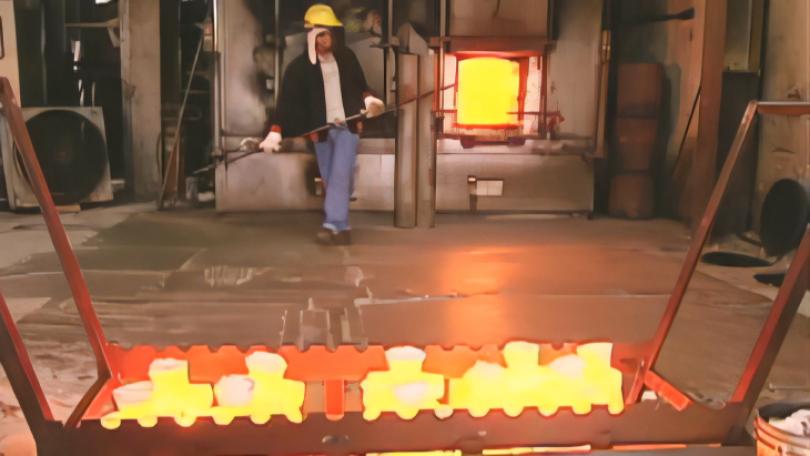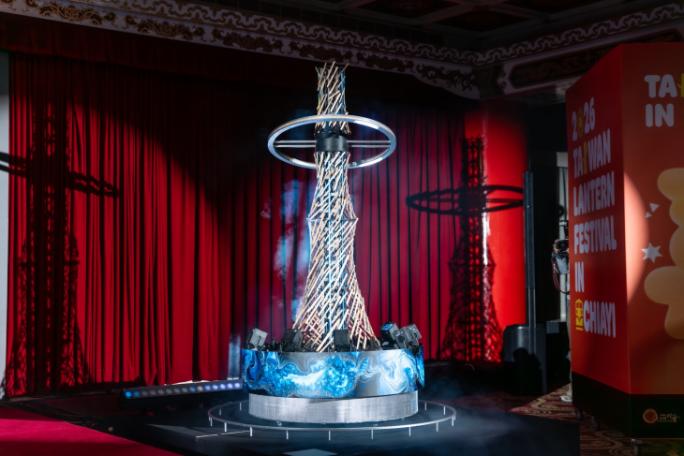Ports Take Inventory of Ammonium Nitrate Containers|三大港口清查硝酸銨貨櫃 至8/6共53貨櫃

發布時間:
更新時間:
Three major harbors in Taiwan began an inventory check on all of the containers to make sure if they contain similar explosive that caused the explosion in Beirut. Materials that are classified as "highly dangerous" are required to leave the ports within 24 hours.
On Aug. 6, Wan Hai Lines began removing its 28 containers holding ammonium nitrate from the Port of Taichung's No. 34 Wharf. The company was asked by the Port of Taichung to remove all its ammonium nitrate following the explosions caused by the compound in Lebanese capital Beirut on Aug. 4. The last two containers were removed by Aug. 12.
All of them were removed from Wan Hai Lines' container depot (by the night of Aug. 12). It can keep containers here for five days.
The Port of Taichung said ammonium nitrate is not classified as "dangerous" cargo under Article 25 of the Commercial Port Law, and containers are normally stored at the port for five days. There is no limit on how long they can be stored there. Following the Beirut explosions, Taiwan International Ports Corporation took an inventory of ammonium nitrate containers at Taiwan's ports. As of Aug. 6, there were 53 in the three main ports, 11 in the Port of Keelung, 14 in the Port of Kaohsiung, and 28 in the Port of Taichung. Since then, all have been shipped. On Aug. 13, eight new containers arrived at the Port of Kaohsiung. The average turnaround time is two to three days and up to one week.
It isn't classified as a highly hazardous material that needs to be depart within 24 hours. Our ports have special temporary holding areas for hazardous materials. The Maritime Port Bureau carries out inspections, as do we, and if we discover any issues, we request immediate improvement.
The company said the explosions in Beirut were the result of insufficient safety management. Although Taiwan's ports do not have a ceiling on how much ammonium nitrate can be stored, they will manage this compound as a dangerous material. Highly hazardous materials are required to depart ports within 24 hours, and violators are fined NT$100,000 to NT$500,000.
台中港34號碼頭在8月6號時,萬海公司原本在港區存放有28個硝酸銨貨櫃,在黎巴嫩發生硝酸銨大爆炸後,台中港務分公司已要求業主盡速處置貨櫃,最後的兩個貨櫃也在這個月12號運離港口。
台中港務分公司港務處處長 黃國輝表示:「(12日傍晚)已全數運離這個…這個萬海的這個貨櫃場,它一般來講,應該可以擺在櫃場,應該有五天左右。」
台中港務分公司表示,硝酸銨不屬商港法所限制的高度危險物品,平均在台中港存放的天數為五天,目前雖無存放上限,但是有落實危險物品的安全管理,港務公司清查我國各港口到八月六號為止,確認三大港口共存放53個硝酸銨貨櫃,基隆港11個,高雄港14個,最多的是台中港28個,但相關貨櫃陸續運走,目前全國只剩高雄港,於8月13號又進了8個貨櫃,平均貨櫃週轉率為兩到三天,最長不超過一週。
港務公司副總兼發言人 王派峰表示:「它非屬商港所列,24小時需要運離的高度危險品,它也會針對危險品,掛有一個一個暫存的特定區域嘛,像航港局跟我們,都會…都會成立一個巡檢的話,若有發現缺失,也要求他要立即改善啦。」
港務公司表示,發生在黎巴嫩的爆炸,主要是缺乏安全管理,目前我國各港口雖然沒有針對硝酸銨的存放量有上限規定,但是仍會依照危險物品來管理監控,而高度危險性的物品,則是落實二十四小時內離港規定,違者處十萬以上五十萬以下罰鍰。

